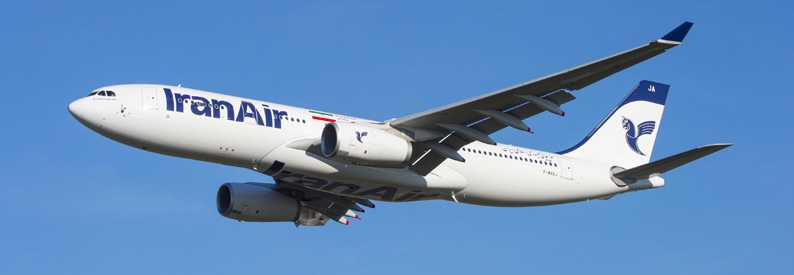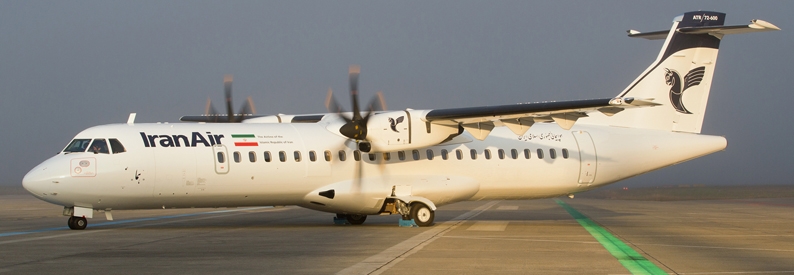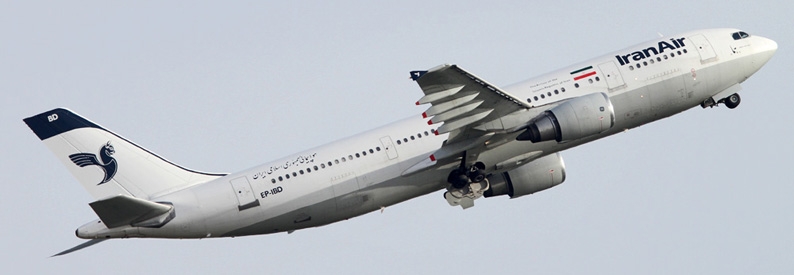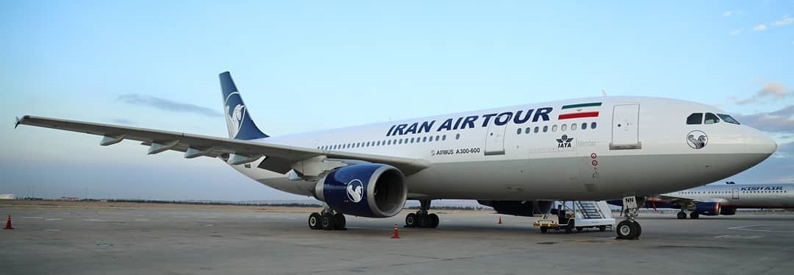The US House of Representatives this week approved two amendments to an appropriations bill that if passed into law, will force the termination of a pair of multi-billion dollar deals Airbus (AIB, Toulouse Blagnac) and Boeing (BOE, Washington National) have signed with the Islamic Republic of Iran.
In January this year, Airbus and sister firm ATR - Avions de Transport Régional (EVX, Toulouse Blagnac) announced Memoranda of Understanding (MOU) had been signed with IranAir (IR, Tehran Mehrabad) for the order of up to 158 aircraft while last month, Boeing announced an MOU for 109.
However, elements in the US Congress have had their concerns about the possibility of Iran using civilian aircraft for military purposes among them Congressman Peter Roskam (R-Illinois) who co-authored two of the amendments to the Financial Services and General Government Appropriations Act passed last week.
Of the amendments, both of which were passed by voice vote, #45 prohibits the Office of Foreign Assets Control (OFAC) from using funds to authorize a license necessary to allow aircraft to be sold to Iran, while #46 ensures Iran will not receive loans from any US financial institutions to purchase militarily-fungible aircraft (i.e. civilian aircraft that can be used for military purposes) by prohibiting OFAC from using funds to authorize the financing of such transactions.
Though Airbus is not a US-based firm, its aircraft do incorporate US technology and are therefore subject to Washington's export laws.
The amendments must be reconciled with those passed in the Senate before being sent to President Obama who, having championed improved US-Iran relations, may then decide to veto them.
Iran has reacted angrily to the news warning that the upliftment of economic sanctions was a key point in its agreement with the 5+1 accords signed in January this year.
Bahram Ghasemi, a spokesman for the Iranian Ministry of Foreign Affairs, told the official IRNA news agency: “We have nothing to do with U.S. internal affairs. We consider the government of the United States to be responsible for implementing the country’s commitments."
OFAC removed Iran Air along with Aban Air (Tehran Mehrabad), Iran Airtour Airlines (B9, Tehran Mehrabad), and Iran Air Cargo from its list of "Specially Designated Nationals" (SDN) following the upliftment of nuclear-related “secondary sanctions” against Iran in January. However, it did retain several carriers - Mahan Air (W5, Tehran Mehrabad), Meraj Air (MRJ, Tehran Mehrabad), Caspian Airlines (CPN, Tehran Mehrabad), Yas Air (MHD, Tehran Mehrabad), and Pouya Air Lines (PYA, Tehran Mehrabad) - on the list citing their alleged links to the Islamic Revolutionary Guard Corps-Qods Force (IRGC-QF) as well as various other groups including Hezbollah in Lebanon and Bashar al-Assad's regime in Syria.
The US has retained primary sanctions against Iran in the form of a domestic trade embargo which forbids, with limited exceptions, US citizens and firms from engaging in transactions or dealings with Iran or its government.





